Job Opportunities in the Green Economy: North-South Divide Revealed
Published in Sustainability and Economics
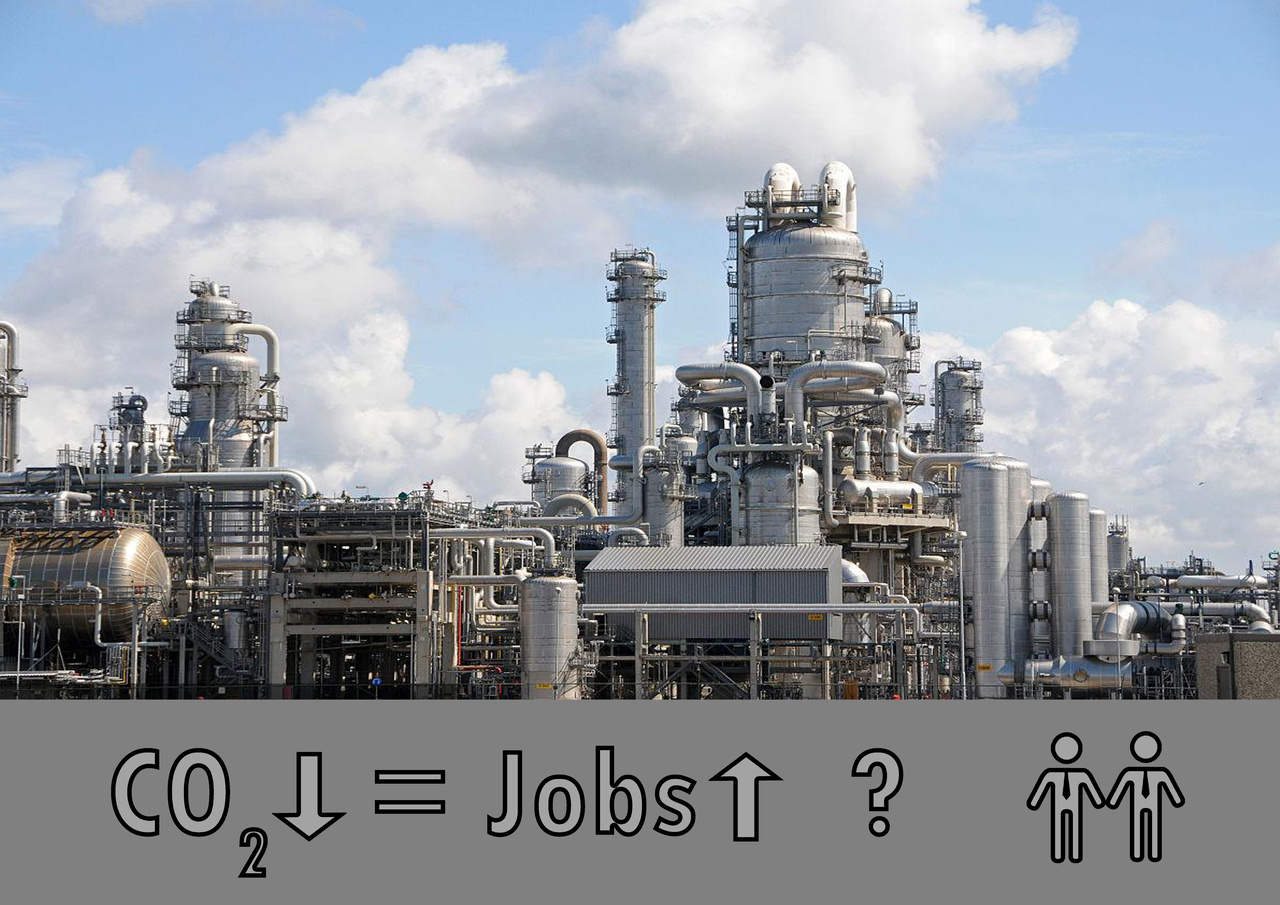
While the global shift toward decarbonization is expected to generate millions of new "green jobs", research published in Communications Earth & Environment reveals a troubling reality: job seekers in wealthy, high-latitude nations have significantly better employment prospects in low-carbon sectors than their counterparts in poorer, low-latitude nations.
This all started about three years ago, when we kept hearing the same complaint in news interviews—clean tech companies saying, “We just can’t find local workers with the right skills. So we have to fly people in from other places, and it costs a lot.” That really got us thinking. First, maybe we were too optimistic about how many low-carbon jobs would actually be available. And second, we started to wonder: are these new green jobs really making a difference? Like Fatih Birol from the International Energy Agency said, “Clean energy is growing faster than ever, creating millions of jobs around the world. But we can’t fill them fast enough.” That is what pushed us to dig deeper into what is really going on with green jobs across the world.
A Tale of Two Worlds
This study, led by researchers from China University of Geosciences (Beijing), Beijing University of Civil Engineering and Architecture, and University College London, uncovers "latitude and wealth effects" in green employment opportunities.
"In high-latitude regions, 79% of job matching in relatively wealthy nations show a positive correlation with emissions reductions. In contrast, this trend is observed in only 10% of poorer nations located at low latitudes". This disparity poses a significant challenge for global climate action: while wealthy nations can reduce emissions and simultaneously improving employment quality, developing nations often face a difficult tradeoff between economic development and decarbonization.
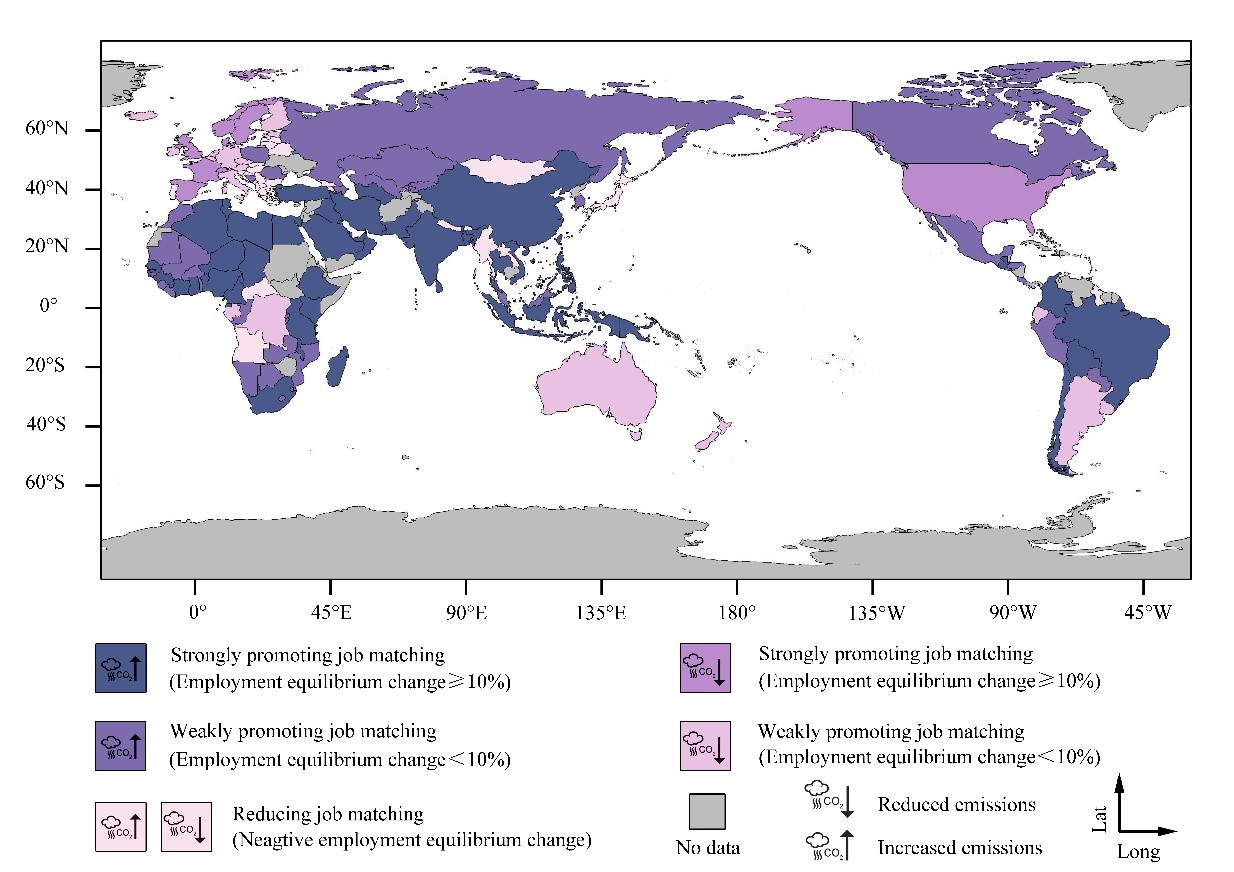
Future Projections: Mixed Outlook
Looking ahead to 2050 using five climate-economic scenarios, the researchers project that under sustainable development scenarios, job matching will improve consistently worldwide. However, under higher-emission scenarios, only nations in Asia, the Middle East, and Africa see employment benefits—driven largely by carbon-intensive growth rather than sustainable development. Job matching in the Global South is projected to improve significantly in the near term, while substantial benefits in the Global North are anticipated in the medium term. From a temporal and spatial perspective, these trends highlight that the distribution of green labor is uneven globally.
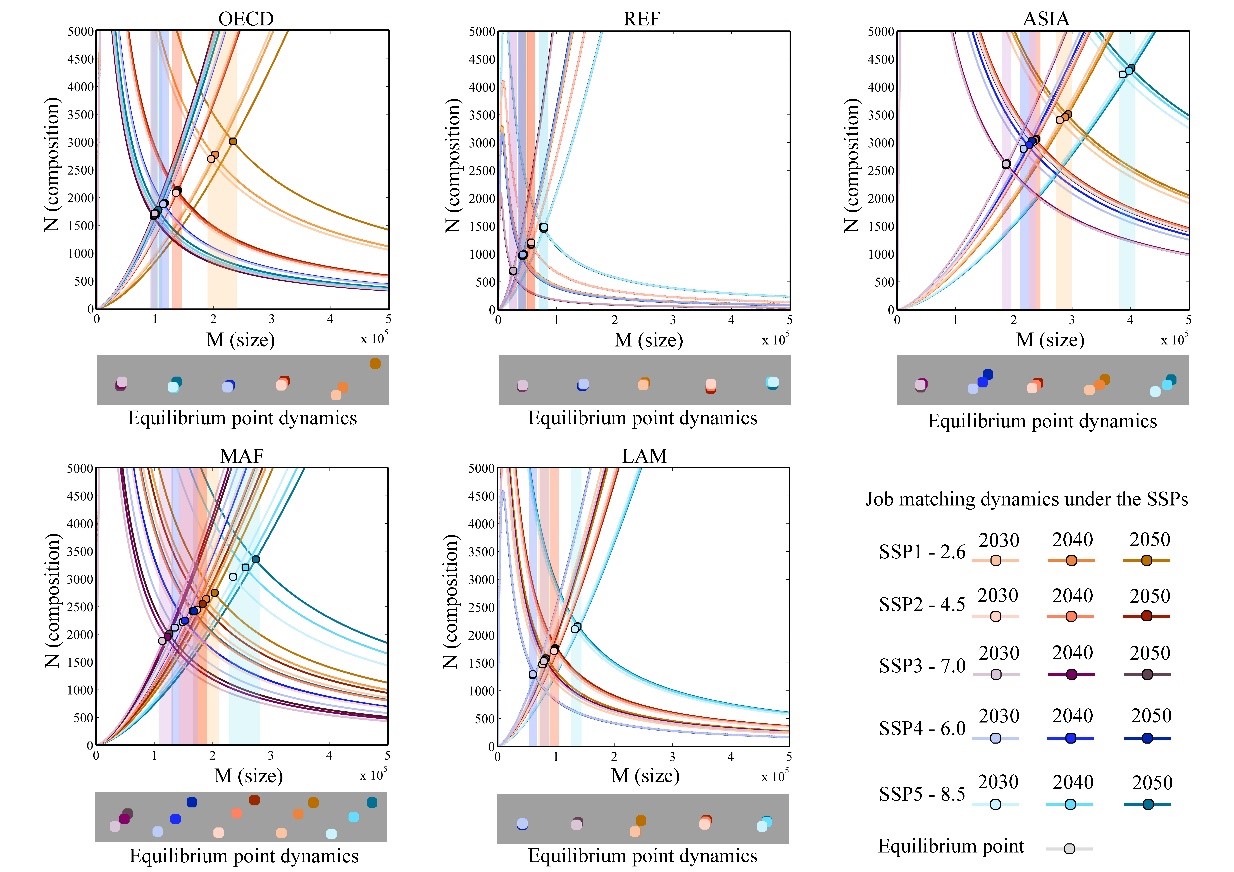
Climate Justice Implications
The findings underscore a critical dimension of climate justice: those who have contributed the least to historical emissions often face the greatest challenges in accessing green employment opportunities.
"Beyond the substantial gap between current realities and the ambitious 2°C and 1.5°C targets, the interaction between job matching and emissions patterns varies widely across nations." This creates particular challenges for nations striving to reduce poverty, expand employment, and fulfill their climate commitments at the same time.
Wealth disparities amplify these effects. "A small number of wealthy nations typically gain a comparative advantage in green job matching because they accumulate more highly skilled labor through industry-driven human capital development".
The study, titled "Job seekers have more suitable job opportunities in decarbonization in the Global North than in the Global South," sheds light on the social aspects of the climate transition, offering a quantitative perspective to plan for a more equitable low-carbon future.
Reference:
Shi Zhao, Quan Shao, Lei Zhang, Xia Zhou, Huaming Guo & Zhifu Mi. Job seekers have more suitable job opportunities in decarbonization in the Global North than in the Global South. Communications Earth & Environment, 2025, 6, 272.
Follow the Topic
-
Communications Earth & Environment

An open access journal from Nature Portfolio that publishes high-quality research, reviews and commentary in the Earth, environmental and planetary sciences.
What are SDG Topics?
An introduction to Sustainable Development Goals (SDGs) Topics and their role in highlighting sustainable development research.
Continue reading announcementRelated Collections
With Collections, you can get published faster and increase your visibility.
Climate extremes and water-food systems
Publishing Model: Open Access
Deadline: May 31, 2026
Archaeology & Environment
Publishing Model: Hybrid
Deadline: Mar 31, 2026
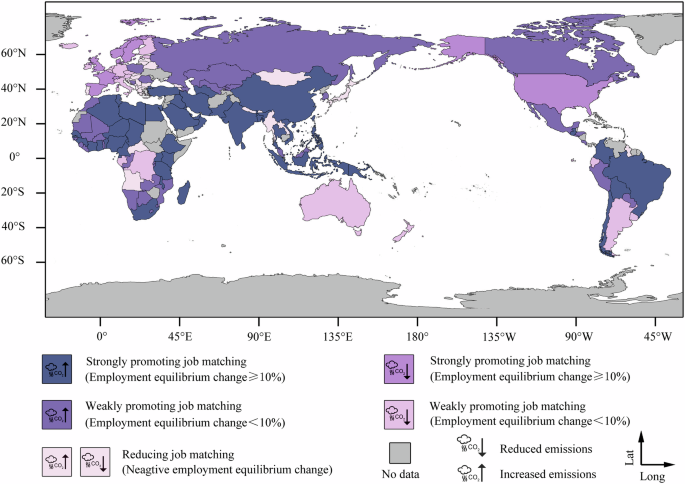



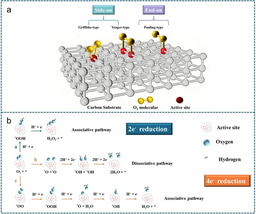
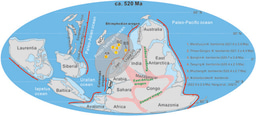
Please sign in or register for FREE
If you are a registered user on Research Communities by Springer Nature, please sign in